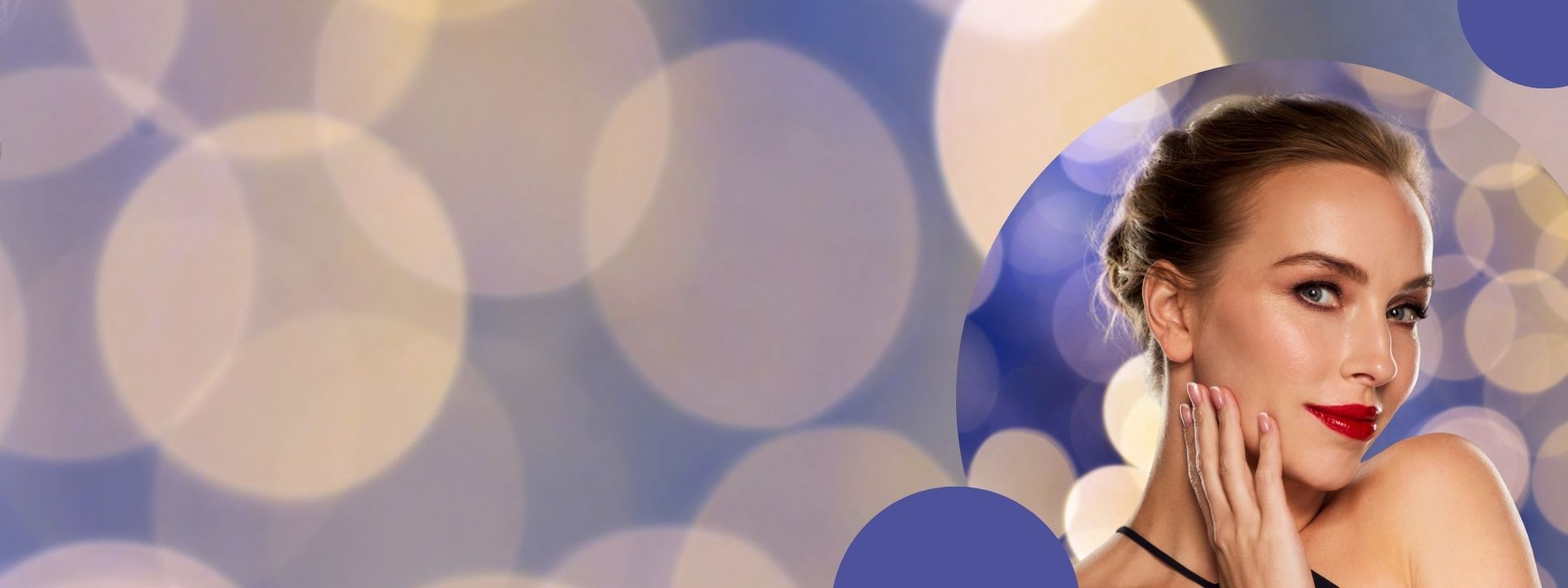Overview
- Women continue to struggle to find accurate representation and equality in the media industry.
- Rap, being considered a masculine genre, has degraded women into sexual objects.
- The efforts of female rappers to liberate women and collaboratively work to uplift and promote their talents exhibit our capability to flourish in male-dominated professions.
- Emphasizing the importance of promoting healthy body images and mental health awareness, Rare Beauty is marking its legacy.
From sexist remarks to the inadequacy of women of color representations, it is without a doubt that women continue to struggle to find their place in the media industry.
But every so often, we serve boiling tea and the headlines are clear: we’re revolutionizing the system for a more gender-inclusive and representative modern media.
We’re showing you the top 6 recent pop culture feminist moments that we’re all fangirling (or fanboying) about.
Taylor Swift Reclaiming Her Life’s Work
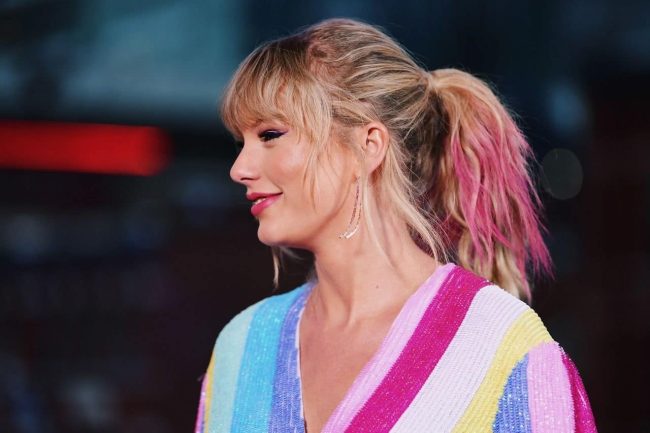
Topping on this list is the legendary Taylor Swift who, after a dispute with her former record label, wasn’t allowed to own her masters and old music. As a bold comeback move, she decided to reclaim her masters by re-recording each one of them and marking them as “Taylor’s Version”. Being an inspiration to countless young women out there, Swift delivered the right message, and that is to assert your autonomy as a woman, especially where patriarchy thrives.
Wondering if we’d get there quicker if we were a man? No! We just simply need to embrace our capabilities, realize what we deserve, and own what’s rightfully ours.
“This Year, the Academy Hired Three Women to Host Because It’s Cheaper Than Hiring One Man.”
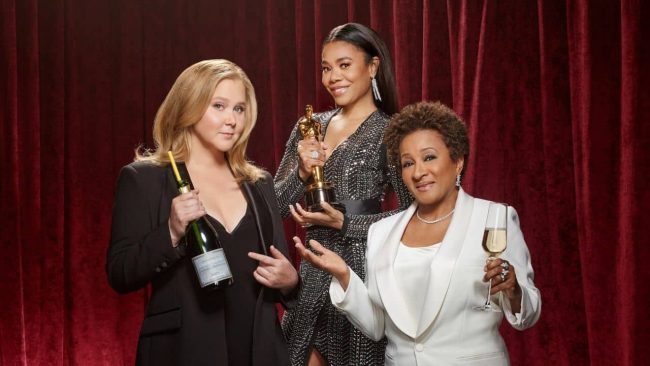
Don’t let the Will Smith mishap steal the show because these three hilarious women slayed the house down at hosting the 94th Academy Awards. Amy Schumer started the Oscars by addressing the gender wage gap in the media industry, alongside other co-hosts Regina Hall and Wanda Sykes
“This year, the Academy hired three women to host because it’s cheaper than hiring one man,” Schumer jokingly stated. In recent US censuses, it has been discovered that women earn 83 cents for every dollar a man earns. Well, we guess the Oscars’ yearly results aren’t all that’s rigged, eh?
Shonda Rhimes. That’s It.
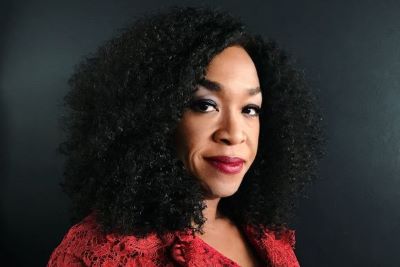
Being the showrunner that she is, Shonda Rhimes has been killing it out there by being the ideal representation behind the curtains. Known for her masterpieces, Grey’s Anatomy (2005-present) and How to Get Away With Murder (2014-2020), both received admiration from audiences for having diverse characters with an emphasis on strong, female leads.
Who could also forget the talk of the town Bridgerton which, yet again, is produced by Rhimes? Its success in the streaming market made quite an impression on viewers. Being a historical fiction show, its inaccuracies here and there added a vast diversity among its characters—in comparison to your typical Regency period series that lack in color.
She continues to slay us all with her works and keeps us wanting more.
Fearless Inmates of Litchfield Penitentiary
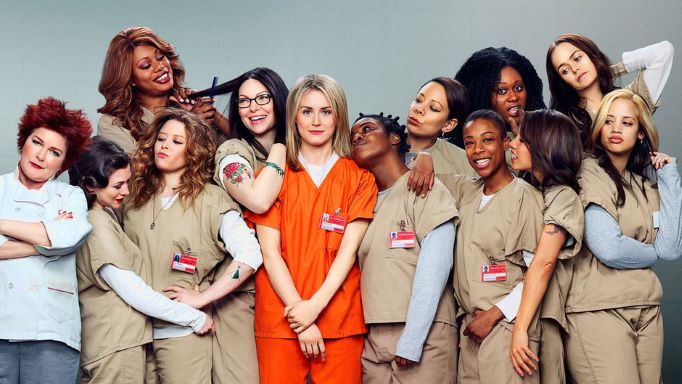
Orange Is the New Black (2013-2019) has progressively become a feminist classic that shifted the female narrative when it comes to TV shows. Since its airing in 2013, it enabled viewers to explore the diverse background of each female character—providing different perspectives, such as sexuality, mental health, gender, trauma, and so on.
The representation of Latina and Black actresses also highlighted the extraordinary diversity that the show offers.
What makes Orange Is the New Black special is that it has never portrayed women as perfect, rather allowed women to be a lovable mess on the screen, thereby revolutionizing the usual Hollywood depictions.
Female Rappers Breaking Through the Male Swag
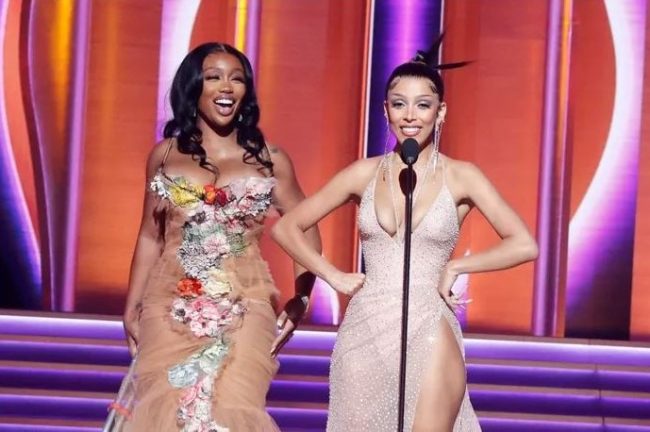
The 2022 Grammy wins of Doja Cat and SZA is a powerful win for women rappers.
Of course, queens like Cardi, Nicki, or Megan Stallion have been fighting for their spot in the media since the beginning of time.
Rap, being considered a masculine genre, has degraded women into sexual objects. Women are constantly rising and finding a new form of empowerment through hip-hop, and the progress of inclusive representation has been significant. Not only that, female artists make an excessive effort to be accepted by fans. They have to abide by societal standards to gain respect from their male counterparts. They’re required to be lyrical geniuses, creative, and highly-skilled which proves the consistent challenge female rappers face.
The efforts of female rappers to liberate women and collaboratively work to uplift and promote their talents exhibit our capability to flourish in male-dominated professions.
Most Mindful Make-Up Line

Rare Beauty, a make-up brand launched by Selena Gomez, is one of the most socially aware and mindful names out there. Emphasizing the importance of promoting healthy body images and mental health awareness, this beauty line is marking its legacy.
Its goal is to raise $100 million in 10 years time for mental health services. Most importantly, to fortify the ‘Rare Impact Mental Health Council’ whereby mental health experts from various entities guide and ensure that the brand would reach its goals.
In terms of environmental impact, Rare Beauty uses responsibly sourced materials that are 100% recyclable. They have also taken steps to make sure the products are cruelty-free and vegan.
The wide-ranging shades they offer in foundations, concealers, blushers, and luminizers encourage people to find the right shade for their skin tone.
Fundamentally, Selena advocates to help people understand that make up is not essential; rather, it should be something that we feel like we delight in using instead of framing it as a necessity.
In a Nutshell…
It’s not enough that we must only bring a chair to the table. It’s also important that the minority—women of varying backgrounds—are provided seats whilst persisting to shift the paradigm into something bigger and more inclusive. We possess the power to define our worth, and our worth should always be positive.
As we spend hours admiring artists, shows, movies, and music, we must encourage an industry where representation matters, thrives, and is valued, reshaping the media field wherein younger generations can enjoy mainstream media and artists that resonate with their individuality.
Conclusion
It’s not enough that we must only bring a chair to the table. It’s also important that the minority—women of varying backgrounds—are provided seats whilst persisting to shift the paradigm into something bigger and more inclusive. We possess the power to define our worth, and our worth should always be positive.

